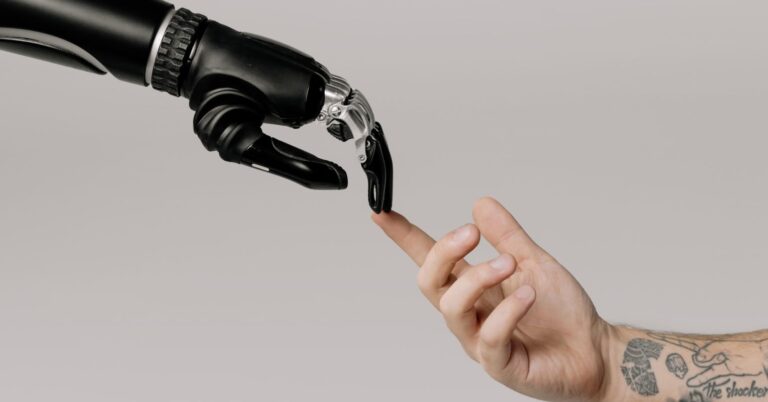I remember sitting alongside a friend who had been through all things imaginable. I let her know how much I respected her strength. She tilted her head letting me know, “You don’t get a choice. It wasn’t my strength that got me through, it was hope.” That stuck with me.
In ways, hope is like a small candle glowing in a dark room. Just a little hope goes a long way. It’s a dangerous little thing though. Tilt it too far toward an expectation, you risk getting burned. As a therapist, I meet with people in all kinds of circumstances. I’ve sat with grieving families, individuals with addictions, people facing legal problems, and people facing mental illness. Hope can mean millions of things.
The beginning of my career focused on suicide prevention through crisis intervention. Perhaps the greatest predictor of suicide is hopelessness. Hopelessness gives a sense of futility to anything. Sometimes people land in hopelessness when a specific wish is vanquished like when a relationship has ended, when someone who had hoped to regain contact with a child is denied this, or when serious damage to one’s life goals.
A View of the Future
Yet, in my work, I have also seen people remember hope. Genuine hope does not have to be linked to any one specific expectation. We can have hopes just for today. Hope to stand outside and enjoy the sun. A hope to refrain from an addictive substance or behavior. We can also have hope that tomorrow we will feel a greater sense of hope than we have in the past. Keeping flexibility in our hope makes hope more realistic. Our hopes can change from day to day.
Depression, anxiety, and other mental health challenges can temporarily blind us to the presence of hope. Like a reverse fun house mirror, depression, and anxiety distort our views of the future. This has been confirmed through research showing that people with depression were less accurate in rating how they would feel in four days than those not experiencing depression (Zetsche and colleagues, 2019). Unsurprisingly, participants with depression rated their mood to be poorer than it would be. Hope has also been found to correlate positively with quality of life in individuals living with serious mental illness Mashiach-Eizenberg and colleagues, 2013).
Gaining insight into these illusions that mental health challenges place on our hope is key to recovery. Reaching out to supportive others in these times is key. Friends, family, and mental health clinicians can help you to regain perspective. Noticing small positive things like the sounds of the birds or a smile from a stranger are also ways to challenge your mind’s deception.
Hopeful and Healthy
Hope is linked to more active health behaviors, which make us healthier (Greene and colleagues, 2015). Hope may also independently support more favorable health outcomes. Building a sense of hope is also an important part of counseling in palliative care. The person may not have hope to live for another 30 years, but they can hope for other things like having a meaningful conversation or enjoying a sunset.
We all need hope. Leaning into our values, letting go of rigid expectations, embracing uncertainty, and noticing ways that our minds may play tricks on us are ways to cultivate it. Hope is a skill anyone can build. If you are feeling low on hope, you are not alone. Many have felt this way and gotten through it. Perhaps you have even felt this way in the past and have gotten through it. Help is available. There is always hope.





















+ There are no comments
Add yours